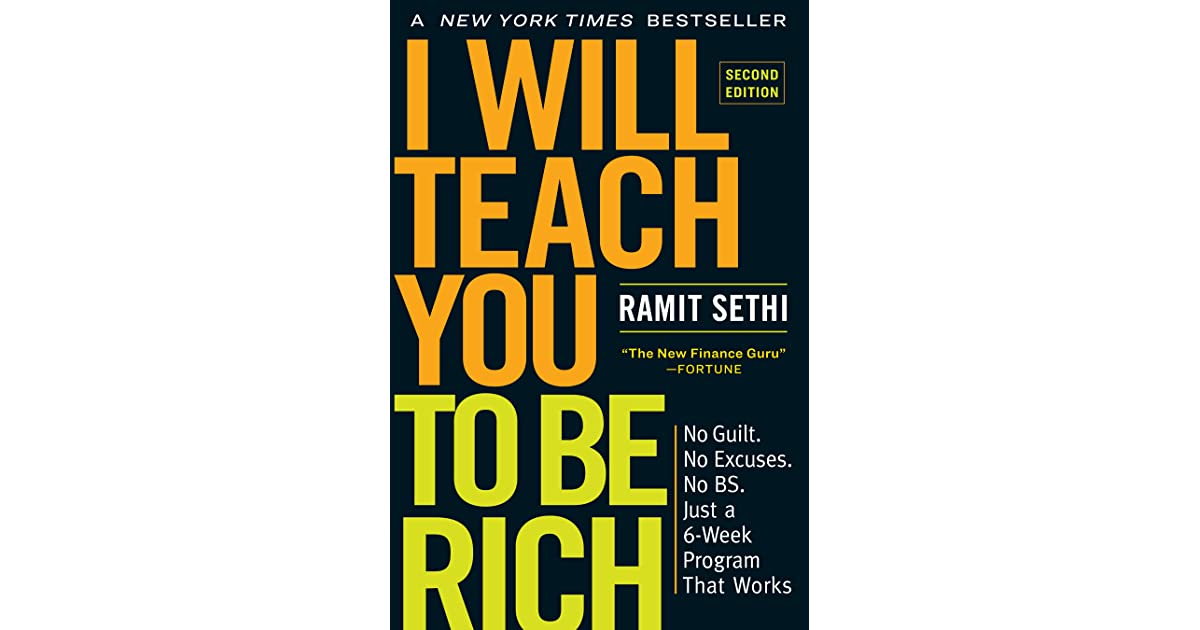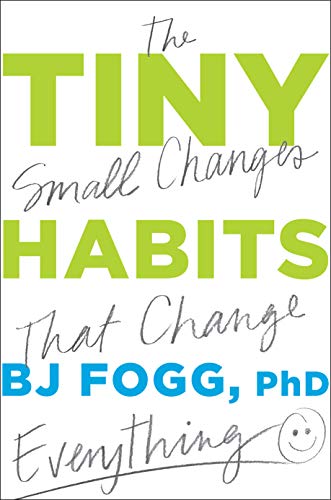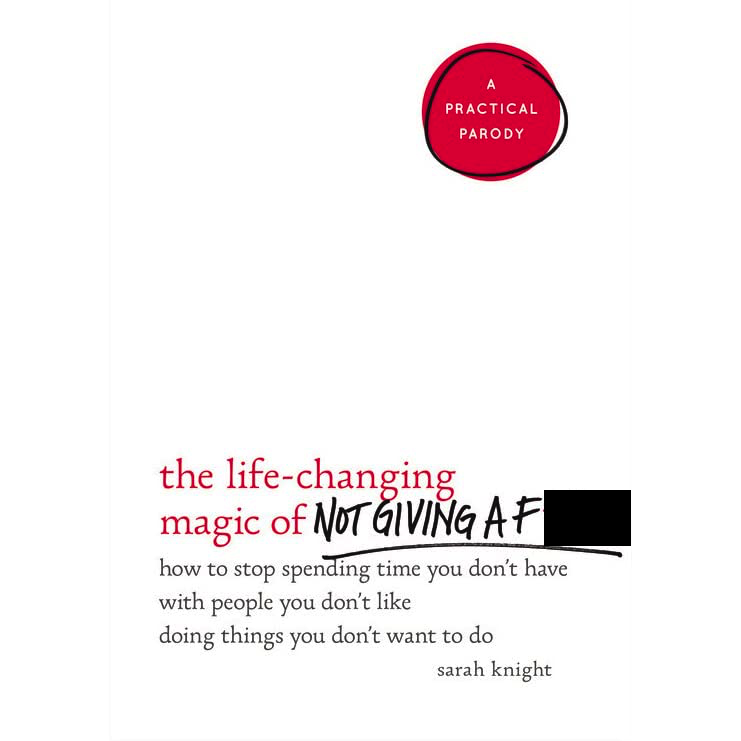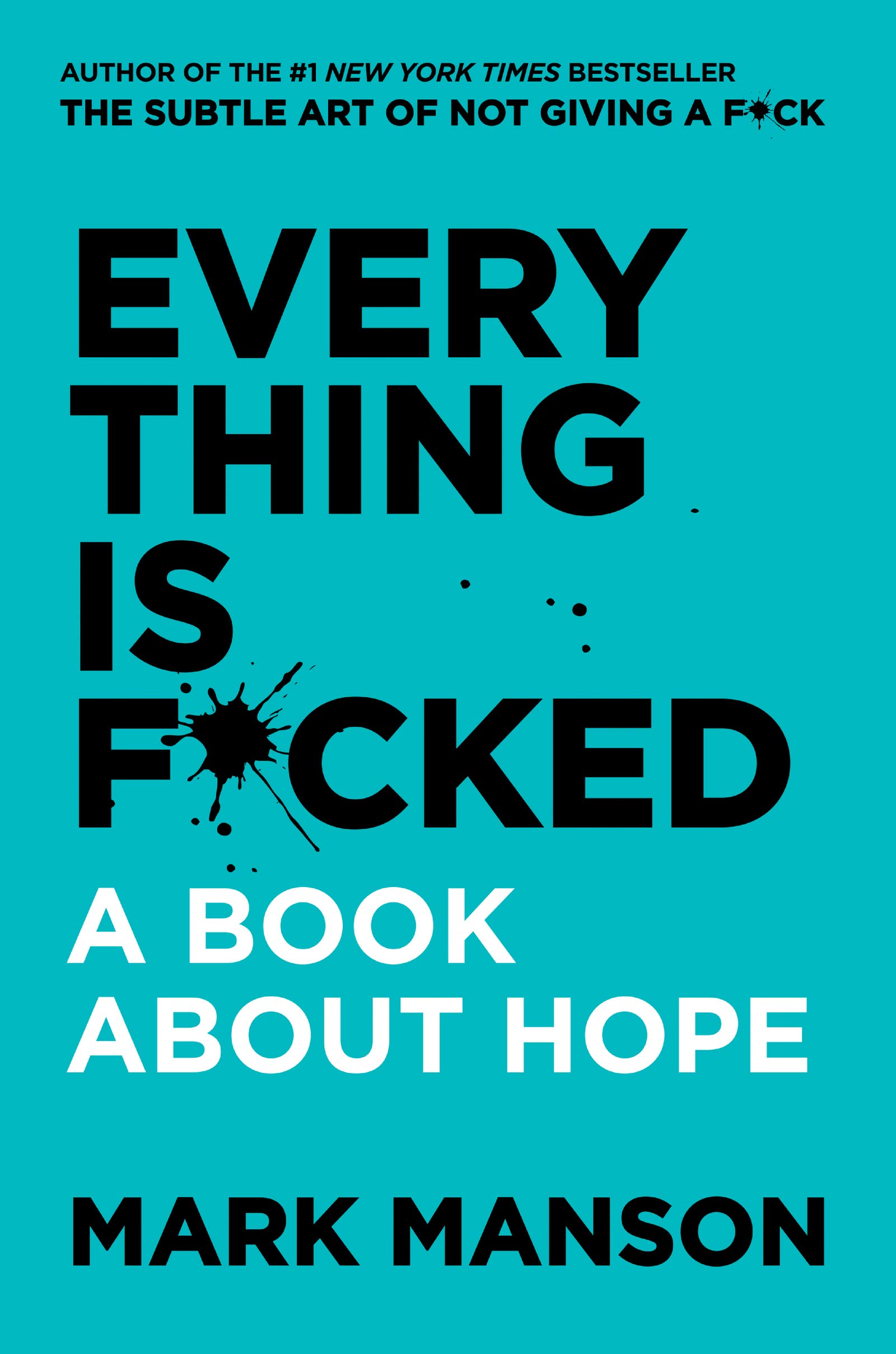I don’t recall the first time I saw Ramit Sethi’s book, “I Will Teach You to Be Rich,” but knowing myself well, I know exactly what my initial reaction was.
“Oh, fuck this asshole.”
Because let’s be honest: That title sucks. If you have a gut reaction of “fuck this scammy prick,” upon reading it, you’re totally justified. There are a million books out there trying to funnel you into some get rich quick horseshit with titles less scammy-sounding than that. It really, really comes across like this guy is about to empty your bank account while you’re distracted reading his bullshit.
Fortunately, you’re right to not judge a book by its cover.
Wait…I Can NOT Worry About Money?
The thought of not losing sleep and wanting to die because of money feels…like, fucking insane, right? That’s because our way we view money is fundamentally broken. We have massive insecurities and anxieties about money, which sucks on the surface, because you know, massive insecurities and anxieties are generally a bummer.
It’s even worse beneath the surface though, because the result is that we jump through dollar store hoops to avoid talking, or thinking about money. The result of this is that we go into debt for stupid reasons, we invest in some app’s shitty stock because our nephew uses it, and most of us look at our bank accounts at the end of the month and go, “Aw shit, how did that happen?”

If there is one mission of I Will Teach You to Be Rich, it’s in making you more conscious about where you money is going. This goes for what accounts you’re using, how you’re spending, and how you’re investing.
But let’s be clear: Though Ramit will tell you how to invest, he doesn’t purport to be an expert on the stock market. In fact, he spends a huge portion of the book railing against everyone who does purport to be an expert on the stock market. These people, Ramit argues, are scammers (Like, the type that would be more likely to write a book called “I Will Teach You To Be Rich”). He goes to great lengths in proving that the Warren Buffets of the world–people who consistently beat the market with their investments–are absolute fucking unicorns (my words, not his), and that the schmuck you just hired that your parents assure is terrific doesn’t have no damn horn on his head.
In reality, basically nobody can consistently beat the market, which is actually great news for you, because then you don’t have to worry about trying, and certainly not about hiring some overpriced asshole trying to tape a plastic horn to his forehead to do it for you. Let it go. Fuck that. There’s a way that’s more effective, cheaper, and really, really easy.
The Solution: Do Almost Nothing
Ramit’s plan works for people because it has one major thing going for it that most personal finance–nay, most personal development books–don’t: his plan is accessible. He knows that you’re lazy, that money is boring, and that for something so stressful and complicated, all you really want to do is hire a money dude to deal with all of your money things so that you can play Mario Kart and plan trips to Bali that you’ll never take.
Through his system of automating money growth (i.e. investing in index funds, and target date funds), Ramit makes something as boring, and complicated, and hellishly stress-inducing as money, and he gives you a plan that miraculously feels simple, and even at times, exciting. Don’t worry about which stocks to pick, or wonder where the hell your money is going. Use apps to track your money, use target date funds to grow it, and then chill the hell out.
That’s the plan in a nutshell, but Ramit is extremely thorough in showing you how to do it. He presents systems in place to pay for things like credit card debt and weddings, he tells you how often to check your credit score and credit report, and tells you which accounts are good, and which ones blow (spoiler alert: Bank of America and Wells Fargo are full of predatory assholes and should be avoided at all costs…you know, in case you thought those two were super reputable or something).
Can you imagine if money wasn’t a source of unending anxiety, and instead something you got excited about? Can you even begin to fathom that reality?

Ramit gets you there…or at least, he gets you as close as you can possibly get. He helps you set up a system of money depositing wherein you ensure that your money automatically goes to the responsible places, and the rest is categorized as “guilt-free spending money.”’
It’s this step that can help to relieve some of your economic anxiety. In terms of not hating your life (financially speaking), this is the most important step and distinction in the book. This step allows you to think about your money when you spend it–not in a way that fosters guilt, but appreciation for the thing you’re buying. It’s this gratitude that allows us to actually enjoy spending money…
…As long as you’re left with enough guilt-free spending money to enjoy your life. Then, you’re well set up to relax a little bit, and enjoy yourself.
But Can This Make You Rich?
But of course, that won’t describe everyone. There is no magic bullet that fixes everything, and if you’re trying to live in Manhattan on minimum wage, regardless of everything else, you’re going to have a bad time.
So yeah, there’s one kind of undeniable issue throughout the book: you can do all of the right things, but the most important part of getting rich is thee old standard, “Well, make more money, asshole.”
Ramit spends a lot of the beginning of the book railing against the victim mentality that rules much of the younger generation. His specifics in doing so are kind of weak, and spurious. He cites people his age complaining about the economy, and how the deck is stacked against them in their pursuit of having more.
I get why he does this. He has to go all in on, “No, believe you can do this,” because getting started with trying to pursue something bigger, or as he would say, “to lead a richer life” requires a lot of belief. If you just go in with the whole perspective of, “Nah, fuck money. Everything is broken and sucks,” you’re not going to get far.
Just to get started with basic investing and paying some attention to where your money goes, you can’t have this mentality. You always, always have to have a belief in positive end results.

But also, the state of the economy, and the evaporation of the middle class are real problems. Acknowledging it and how much it sucks won’t make you more likely to do his (effective) plans, but it will cause you to support creating an economy where a middle class actually exists, so it might be worth having both perspectives here. You can lead a better, richer life, but also, shit sucks and fuck all of its suckiness.
The inherent shortcoming with any book like this, and the reason the title is in fact garbage, is that while this book gives you the best tools possible for your financial growth, you still can’t learn how to be rich without earning a lot of money. And that’s a hell of a thing to try to teach readers of a book that vary from teachers, to salesmen, to CEOs, to chefs, to foot masseuses.
Ramit does his best to show you how to get a raise from your work. He has a whole system of scheduling a meeting, getting co-worker recommendations, setting productivity goals, and meeting them. And in a perfect world, where you work at a very normal “produce more=worth more” job, and your boss is competent and able to interpret this properly, it’s likely great advice.
But our world is imperfect, and people get promoted (and not) for random weird reasons all the time. Lots of jobs don’t have clear productivity metrics, lots of them don’t have proper hierarchies where you have decent upward mobility, and plenty more are based on how much the boss likes golfing with you, or how much he is your actual father.
So it’s ultimately insufficient for a lot of us. In this respect, the book likely falls short of its title–not so much because of the book itself, but because, again, the title really sucks.
A better title for the book would be, “I Will Teach You What Is, Like, Probably The Best Thing You Can Do With Your Money.”
I’m not saying it would sell as well, and therefore change the world as much, but it would bug me personally less, and you know, priorities.
Get Conscious
The book is of course great for all of your financial direction, but I think its biggest, most compelling strength comes when you step back and look at it in the big picture
Ramit’s book demonstrates that increasing consciousness about what you’re doing relieves anxiety. It’s undeniably true when it’s laid out like Ramit lays it out, but it kind of flies in the face of how we live. In any stress-inducing area of life, we generally want to avoid knowing more, and really seeing what’s going on, because we’re afraid of what we’ll see. So fuck that. Show me Instagram and Bravo shows so that I can pretend the world is okay.
But in reality, if we can fully see what’s going on, then we can see what to do differently, and that’s kind of the key. While that process can be stressful, it pales in comparison to the stress caused by endless ambiguity most of us have with money. It’s truly that feeling of spending money, and then thinking “Oh God, I hope nothing horrible is happening,” that kills us more than anything. It’s increased consciousness that fixes that shit.

In light of this, without even trying, Ramit’s book makes a great argument for increased consciousness in all areas of life. It’s only seeing what’s really going on that empowers us to fucking do something about it, and understanding that is absolutely fucking crucial.
But I don’t think any of this can really happen for you until you implement it yourself, and you see the benefits of living consciously. And money is a great place to start. So I don’t usually say anything this definitive, but buy Ramit’s book. Buy it, implement it, and start actually looking at what the hell is going on.






